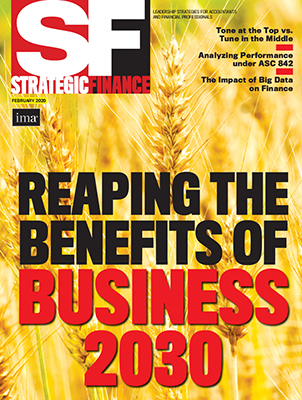Seventy-three percent of public companies reported more change in the amount of audit work performed by external auditors than did private and nonprofit companies (27% and 22%, respectively). Reasons cited for fee increases in the public sector are the impact of the FASB’s new standards (66%, particularly those related to revenue and leases), high levels of mergers and acquisitions (36%), and a focus on revenue recognition (34%). The private sector and nonprofits cited inflation and negotiation with the primary auditor as primary reasons for the fee increases.
Andrej Suskavcevic, CAE, president and CEO of Financial Executives International (FEI) and FERF, said, “FEI members have experienced significant change in the audit process over the past decade and this study reflects the challenges they have faced in containing the cost of the audit. The 2019 audit season shows that as accounting change continues, that trend is uninterrupted.”
Findings over the past 10 years show smaller companies have reported a decrease in audit fees, while larger firms have seen increases. Companies are also paying higher average hourly audit fees—$283 per hour in 2019 vs. $216 per hour in 2009.
The 10th Annual Audit Fee Survey Report examines total fees companies paid to external auditors on auditing and related services in 2018. It’s based on responses from more than 340 financial executives at public companies, private companies, and nonprofit organizations and also examines audit fees as reported by a larger sample of 6,300 U.S. Securities & Exchange Commission filers.

February 2020



